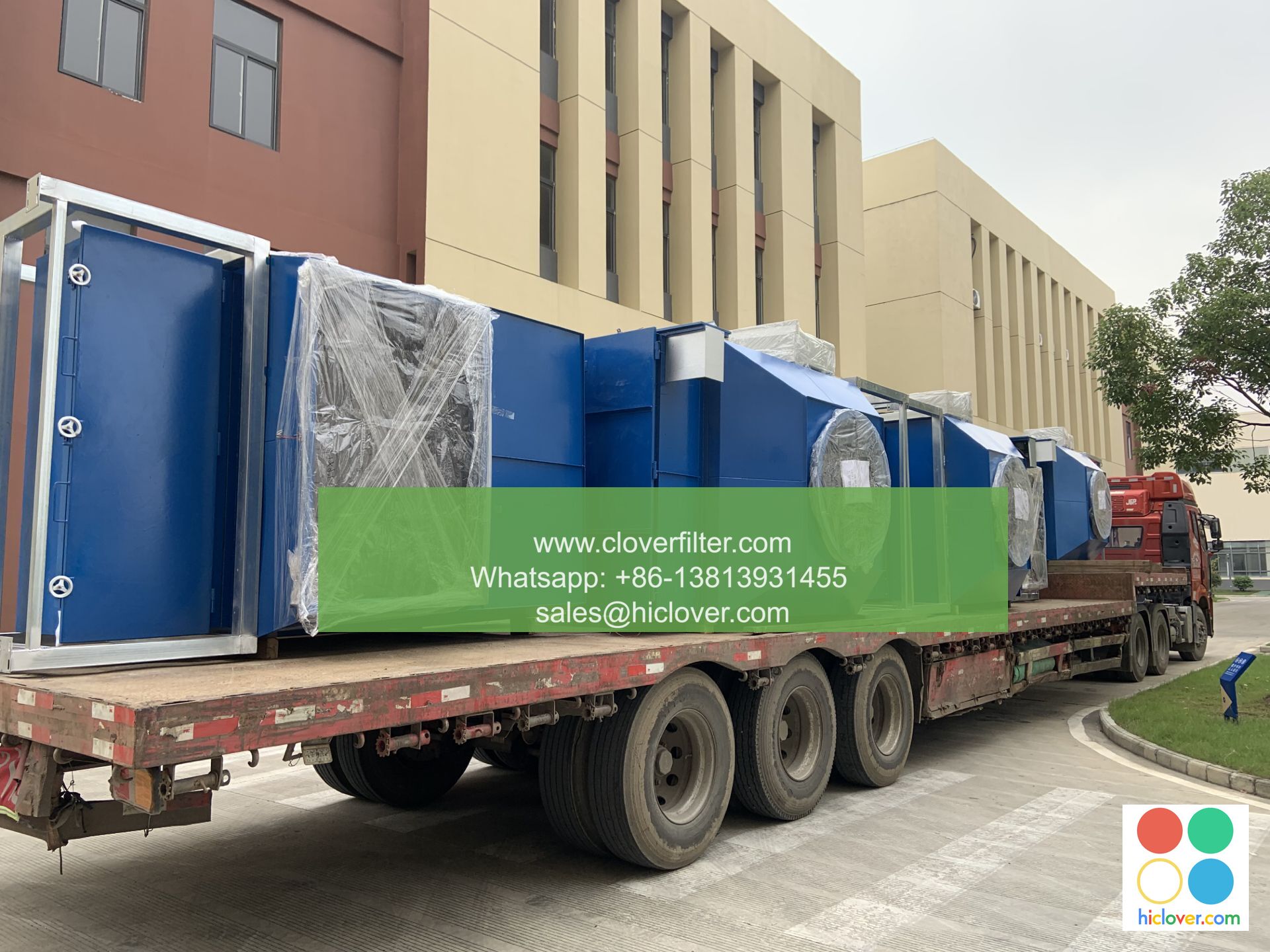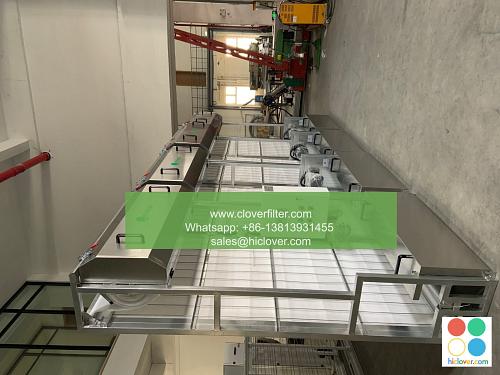The Top 10 Air Filter Shipping Myths Debunked

As the demand for high-efficiency air filters and air purification systems continues to rise, so does the need for reliable and efficient air filter shipping and logistics solutions. However, several myths and misconceptions surrounding air filter shipping have led to confusion and misinformation in the HVAC industry and indoor air quality sector. In this article, we will debunk the top 10 air filter shipping myths and provide insight into the benefits of proper air filter shipping and handling practices in various application areas, including residential, commercial, and industrial settings.
Myth #1: Air Filters are Fragile and Require Special Handling
This myth is partially true, as some high-efficiency air filters and HEPA filters can be fragile and require special care during shipping. However, most standard air filters are designed to withstand normal shipping and handling procedures. It’s essential to properly package and label air filters to prevent damage during shipping, especially when shipping to remote areas or rural locations.
Myth #2: Air Filter Shipping is Expensive and Cost-Prohibitive
While shipping large quantities of air filters or oversized air filters can be costly, many air filter manufacturers and suppliers offer competitive shipping rates and discounts for bulk orders. Additionally, properly optimizing air filter shipping and logistics can help reduce costs and improve supply chain efficiency in the air filtration industry.
Myth #3: Air Filters can be Shipped via Standard Postal Services
While it’s possible to ship small air filter packages via standard postal services, larger air filters and bulk shipments often require specialized freight services and logistics solutions. It’s crucial to choose a reputable shipping carrier that can handle air filter shipments efficiently and effectively, especially when shipping to commercial or industrial sites.
Myth #4: Air Filter Shipping is Only Relevant for Commercial and Industrial Settings
This myth is false, as residential air filter shipping is also crucial for maintaining indoor air quality and home comfort. Air filter suppliers and manufacturers must ensure that residential air filters are shipped and handled properly to prevent damage and maintain filter efficiency in home air filtration systems.
Myth #5: Air Filters can be Stored for Extended Periods without Affecting Performance
This myth is false, as air filter storage conditions and shelf life can significantly impact filter performance and efficacy. Air filter suppliers and manufacturers must ensure that air filters are stored in a cool, dry place and shipped in a timely manner to maintain optimal performance in various application areas.
Myth #6: Air Filter Shipping is Not Environmentally Friendly
This myth is partially true, as air filter shipping can have an environmental impact if not done sustainably. However, many air filter suppliers and manufacturers are adopting eco-friendly shipping practices and sustainable logistics solutions to reduce their carbon footprint and promote green air filtration.
Myth #7: Air Filters can be Shipped without Proper Packaging and Labeling
This myth is false, as proper packaging and labeling are crucial for preventing air filter damage during shipping and ensuring compliance with regulations. Air filter suppliers and manufacturers must use durable packaging materials and clear labeling to prevent shipping errors and logistics issues.
Myth #8: Air Filter Shipping is Not Critical for Maintaining Indoor Air Quality
This myth is false, as air filter shipping plays a critical role in maintaining indoor air quality and preventing air pollution. Air filter suppliers and manufacturers must ensure that air filters are shipped and handled properly to prevent damage and maintain filter efficacy in various application areas.
Myth #9: Air Filter Shipping is Only Relevant for New Air Filter Installations
This myth is false, as air filter shipping is also crucial for air filter replacements and maintenance. Air filter suppliers and manufacturers must ensure that replacement air filters are shipped and handled properly to prevent disruption to indoor air quality and air filtration systems.
Myth #10: Air Filter Shipping is Not Affected by Weather Conditions
This myth is false, as weather conditions can significantly impact air filter shipping and logistics. Air filter suppliers and manufacturers must take into account weather-related factors such as temperature, humidity, and weather events when shipping air filters to ensure timely delivery and maintain filter efficacy in various application areas.
In conclusion, debunking these common myths and misconceptions surrounding air filter shipping can help air filter suppliers, manufacturers, and end-users better understand the importance of proper air filter shipping and handling practices in maintaining indoor air quality and air filtration system performance. By adopting best practices in air filter shipping and logistics, we can promote sustainable air filtration, reduce shipping errors, and improve supply chain efficiency in the air filtration industry. It seems like you forgot to include the actual prompt. Could you please provide more details or clarify what you need help with? I’m here to assist you!

